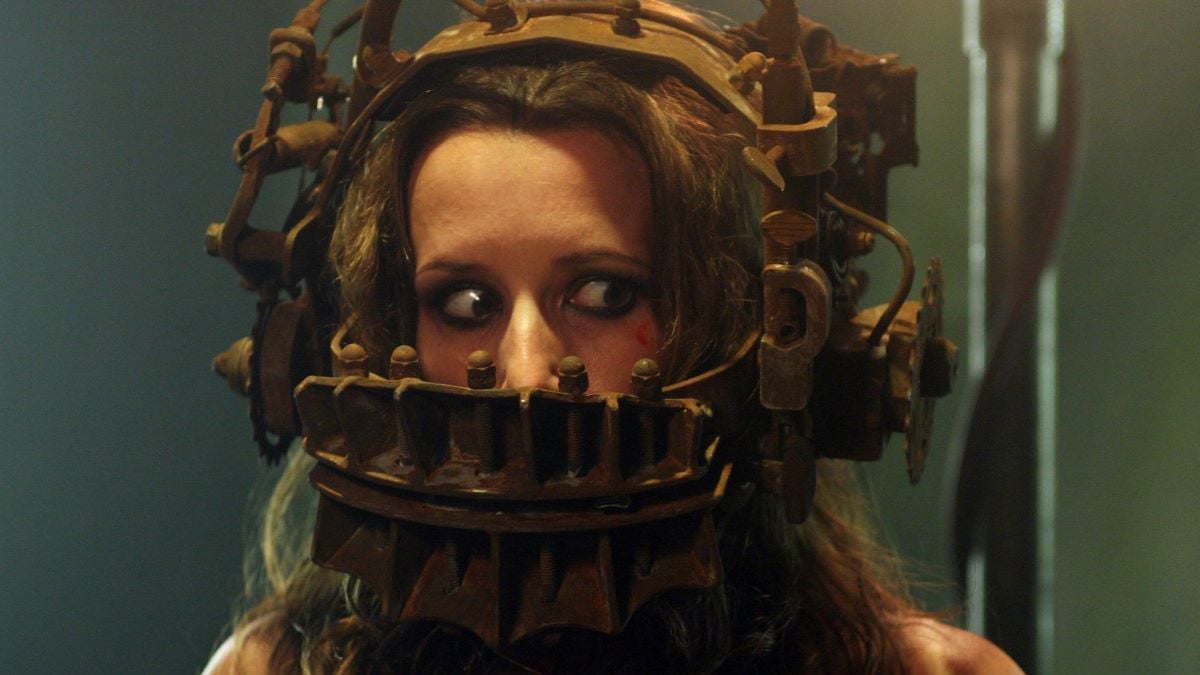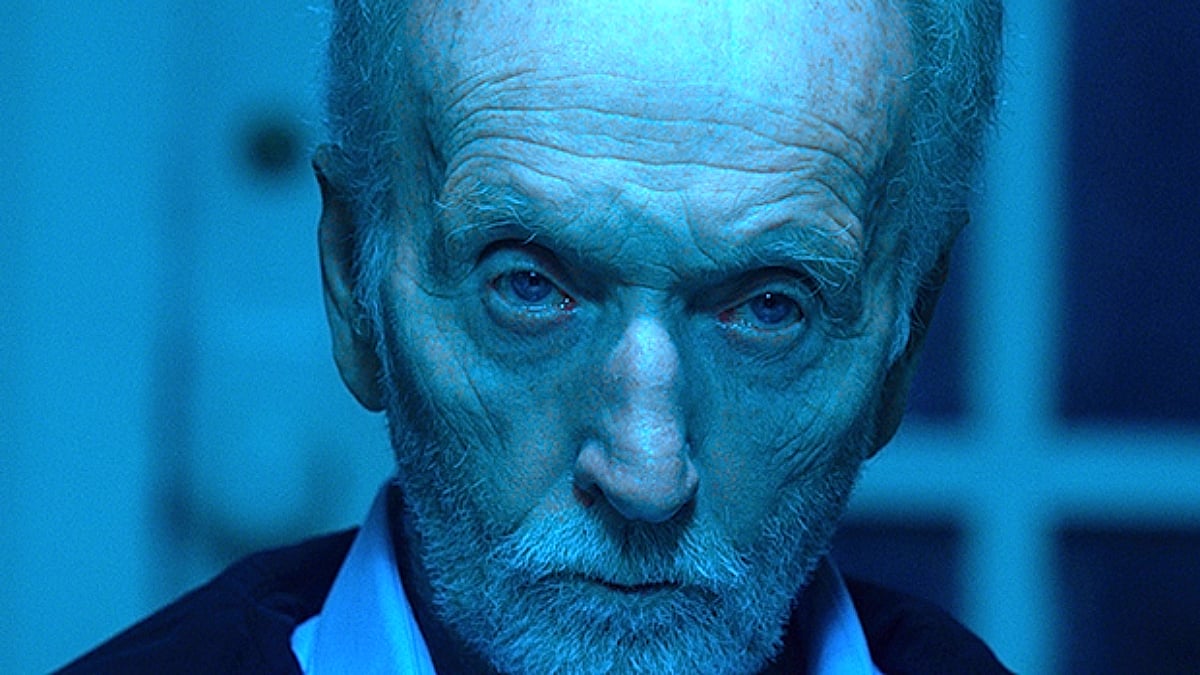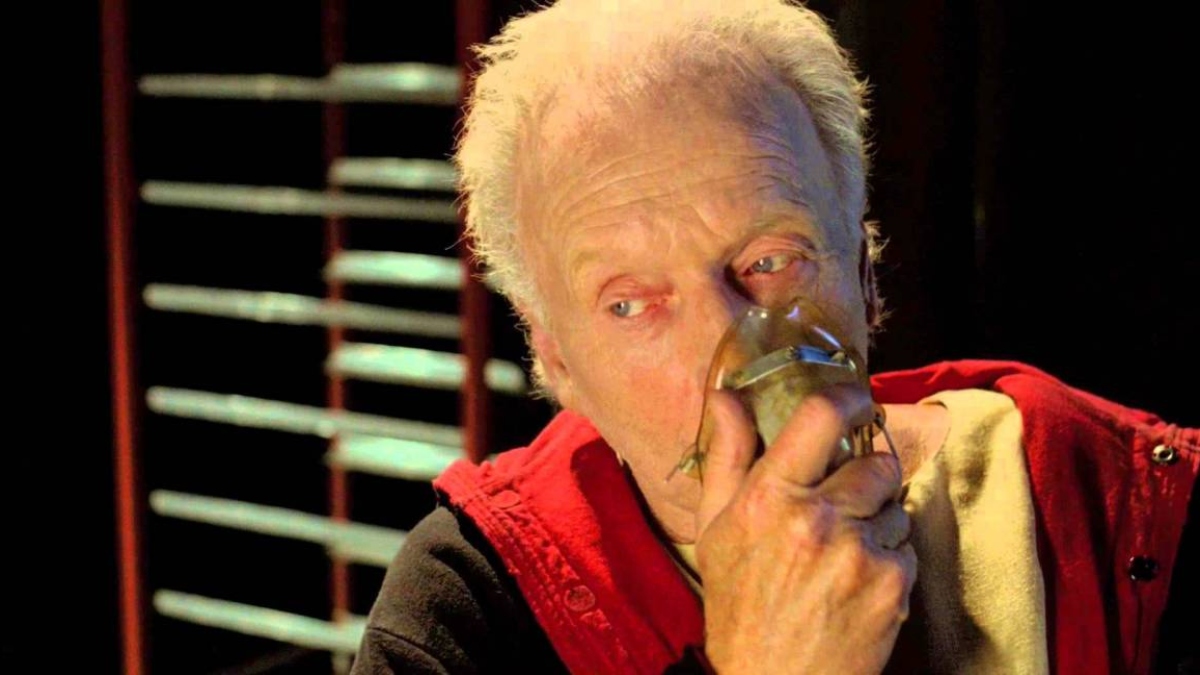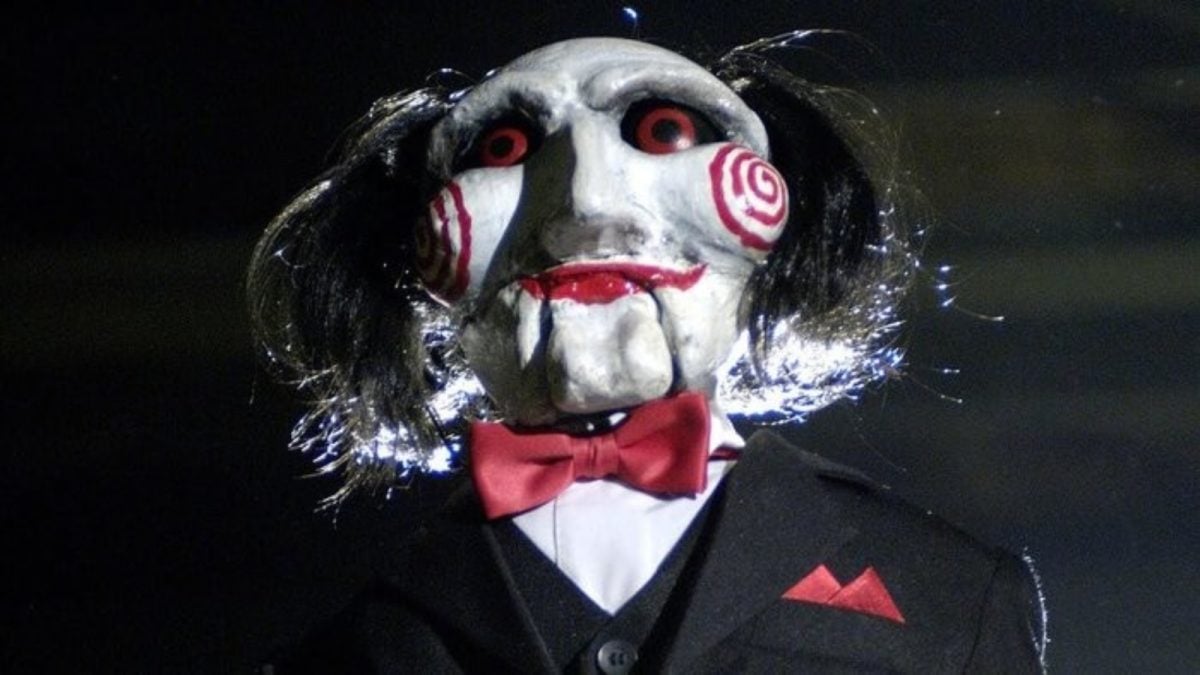In 2005, 06, and 07, this writer was 12, 13, and 14, respectively, the world was my student loans-free oyster, I was shy around girls, and I tromped out to the theater every Halloween season, accompanied by adults, to see the latest installment in the SAW series. I loved what I saw (ha!), but the adults in the seats beside me did not, and while I drifted away from the series after the fourth, and over time adopted the more mature perspective, the trailer for SAW X has me reflecting on the merits of this franchise.
To be clear, the SAW movies’ intense scenes of torture, and their production values reminiscent of a B movie — and a cheap one even by that industry’s standards — are nothing to envy. Then there’s the general meanness of each outing: few if any characters ever are given happy endings; people who have made comparatively tame mistakes driven to madness by a man who believes himself to be holier than thou in spite of his demonstrated evil; and too many talented actors (Cary Elwes being one) seem to be slumming for a paycheck I would regret later on.
However, behind the scenes, there are things in the overall structure any fan (or foe) should be proud of.
Practical effects in an era of lazy CGI

While other horror films, like Scream 4, use CGI for shots of knives going into flesh, the gore-nographic SAW franchise, which would likely get some creators put on a watchlist in a more repressive society, has always relied on tried and true practical effects for scenes like the above, with the reverse bear trap. An article in IGN shortly after SAW 3D came out features series production designer and SAW V director David Hackl revealing that the traps are built to function from day one of shooting, and are designed to be safe for the actors (though the water box from the fifth film involved some danger, as Scott Peterson had to be in it as it filled with water, without CGI) and, while a few digital touch-ups have since made their way into the franchise, you can see how the movie mutilations are still done with prosthetics here.
A ridiculously impressive commitment to continuity

When you think of horror franchises, how many ever get through 10 films without a complete — or failed — attempt at a reboot? While the Scream franchise is getting close, Halloween has since been through more timelines than you can shake the limb of a murdered babysitter at, the ending of Friday the 13th: A New Beginning tried to ditch Jason in favor of Tommy Jarvis, and A Nightmare on Elm Street sputtered into silence with a failed reboot in 2010. Somehow though, SAW keeps right on ticking. Star Tobin Bell has been dead since the third entry but keeps getting to come back in flashbacks — or prequels, in the case of SAW X — and stars like Elwes are somehow not shy about coming back. This casting continuity has drawn praise from outlets like Polygon and, while still not the most highbrow genre, you have to ask yourself, what are the odds Kevin Bacon would ever return to Friday the 13th, or Adam Scott to Hellraiser?
It takes on American healthcare when most franchises just want nameless and mindless victims with no cultural significance

Think back to the earliest film in this series. Do you remember who one of the victims was? Well, if not, allow me to refresh your memory, Elwes was Dr. Lawrence Gordon. He gave Bell’s John Kramer a bad diagnosis, which had progressed by the time of the second installment, and he became one of the first people in healthcare to be a target. The upcoming film follows this direction to a more literal extent, with Kramer dealing with a group of scammers who appear to be led by Americans and Europeans in Mexico. The sixth film trapped predatory lenders, who have targeted the sick and desperate in America, and the third has a female doctor being forced to try and save John for free when he finally reaches the very end of his life.
Certainly, a bit more loaded, context-wise, hence more interesting than the horror franchises that victimize camp counselors or aroused teenagers. Whether the SAW franchise can take these interesting bits and expand such creativity to the rest of the franchise remains to be seen, and audiences will find out when SAW X (which is set between the first two) comes out this September.
Who knows, with a little luck, maybe this writer will be there.

